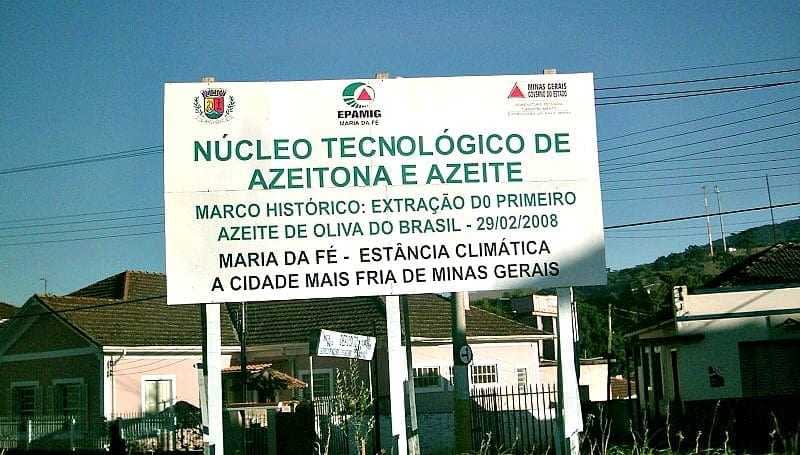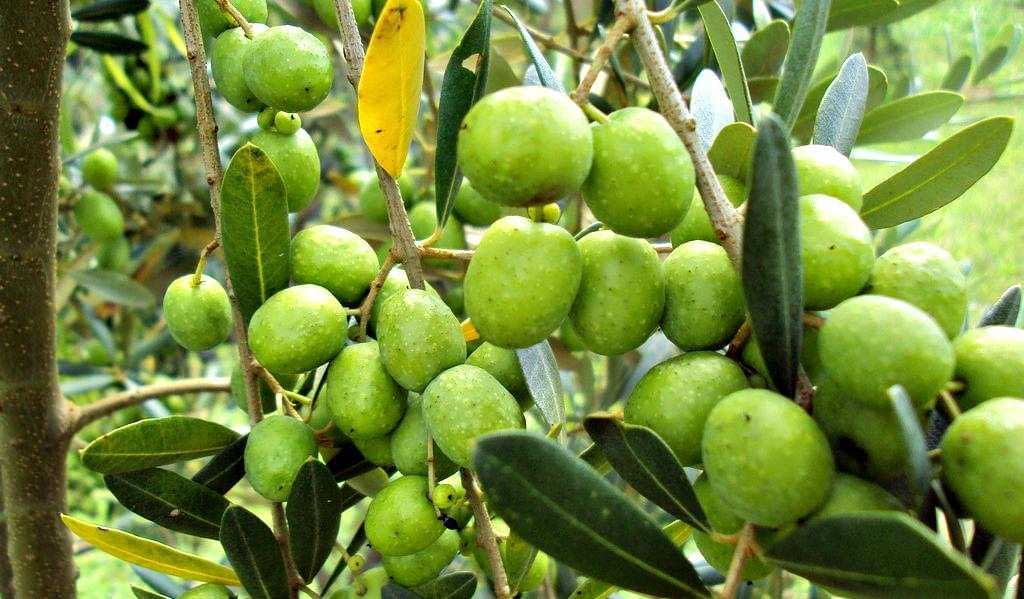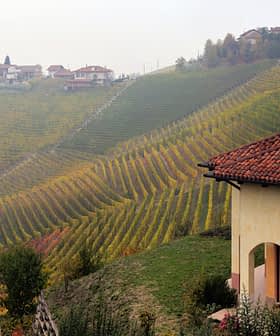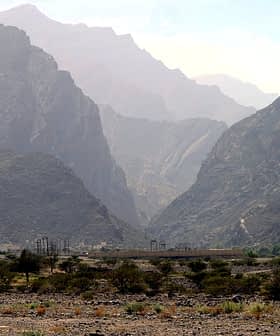Brazil Looks for Its Own Olive
As debate revolves around whether or not Maria da Fé is an olive species unique to Brazil, both traditional mills and technologically advanced machinery have contributed to the increased quality of olive oil here.
In 2008, Brazilian olive growers extracted their first liters of olive oil. Almost a decade later, these gourmet EVOO producers are still working diligently to establish a client base.
Brazil’s olive oil vanguard took root in two main regions, Serra da Mantiqueira (Minas Gerais) and the southern state of Rio Grande do Sul.
Olivas do Sul, Batalha de Ouro de Sant’Ana, Oliq, Cardeal, Prosperato, and other EVOO brands have since emerged, finding success in local and regional markets for the freshness of their product and knowledge that buying local not only boasts the economy but, more importantly, reduces our carbon footprint.
But Brazil’s burgeoning EVOO identity also hinges on the prospect of its arable land and harnessing its terroir to produce its very own olive cultivar.

Roughly 70 percent of olives harvested in Brazil are of the Arbequina variety. The other 30 percent are divided between Frantoio, Grappolo, Koroneiki, Picual, and a peculiar species, Maria da Fé, which was planted decades ago in Serra da Mantiqueira.
While the Company of Farming Research of Minas Gerais (EPAMIG) attests that Maria da Fé is an olive variety unique to Brazil, some olive growers argue that its characteristics are too similar to its maternal variety, Portuguese Galega.
As debate revolves around whether or not Maria da Fé is Brazil’s own, Marcelo Scofano, a self-proclaimed oliveologist and professional olive taster said five olives with unique qualities have emerged from the terroir in the city of Pelotas (Rio Grande do Sul).

Maria da Fé olives
“Five genetic samples have been sent to laboratories in Portugal and other Mediterranean countries. They’re primed to be declared as indigenous, not possessing an identity with the original varieties,” said Scofano, adding that the olive is currently undergoing registration at the Brazilian Ministry of Agriculture.
Over the past decade, both traditional mills and technologically advanced machinery have contributed to the increased quality of olive oil in Brazil.
During the period production has jumped to roughly 53 tons in 2016, however, it has been the irreverent experimentation of planting olives in Brazil’s biomes that have garnered the most interest.
Guava and other mature and herbaceous flavors have since been noted among Brazilian olive oil brands. Such distinctive aromas have helped local EVOO producers to consolidate their presence in local and regional poles in the country. And new editions, born from the land and ecosphere south of the equator, may be on the horizon.








